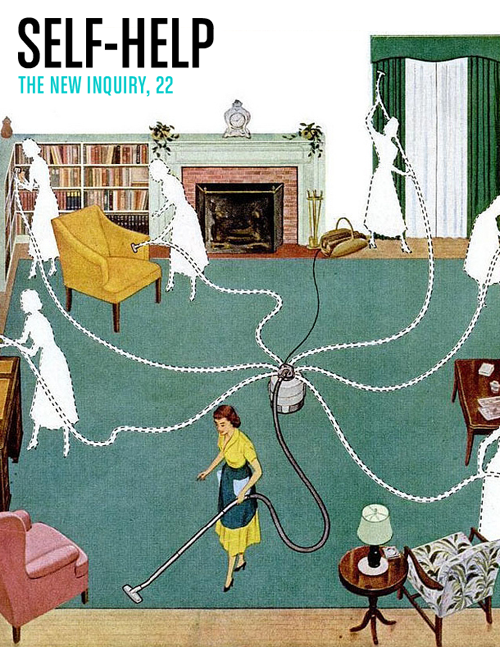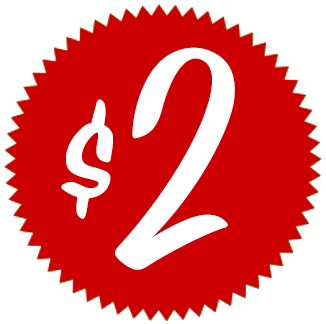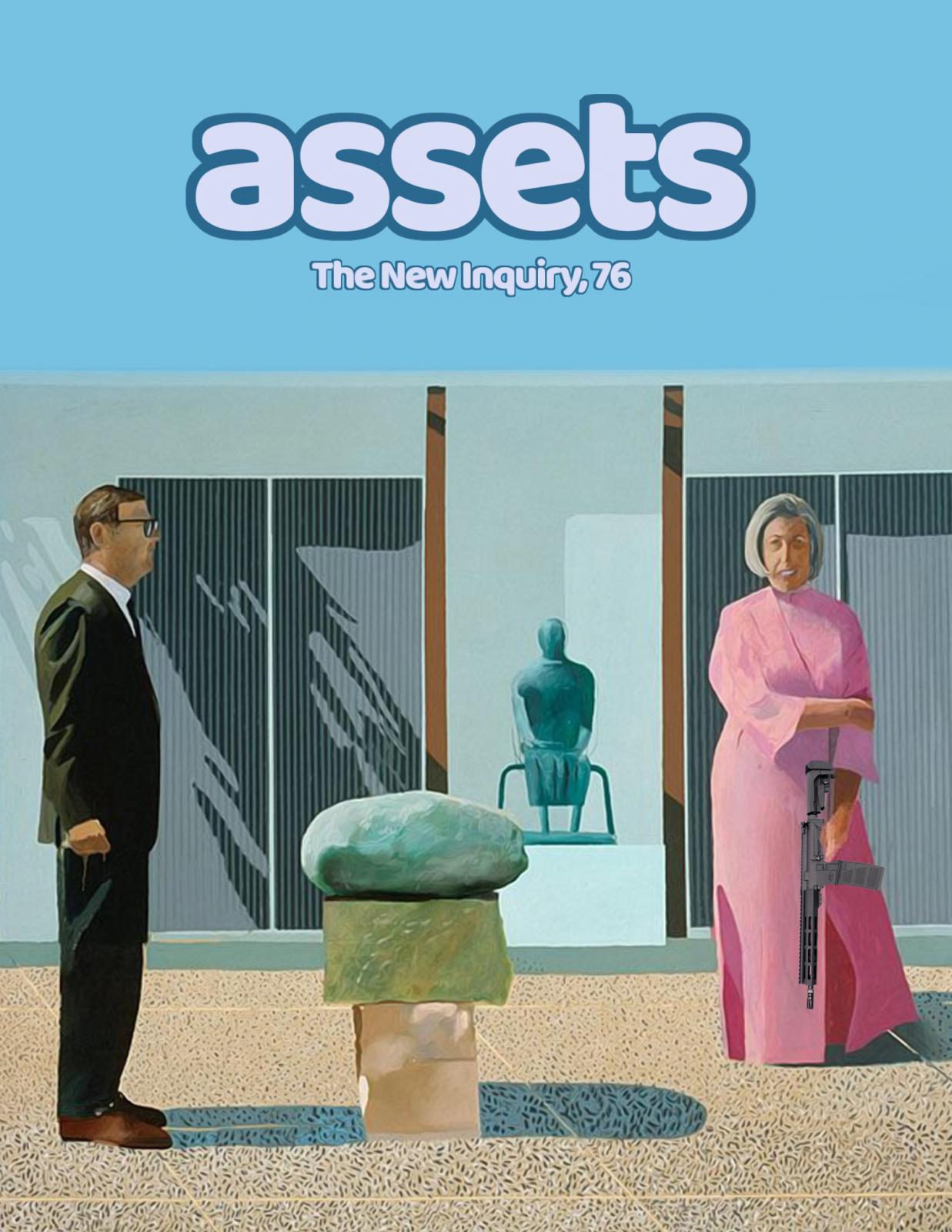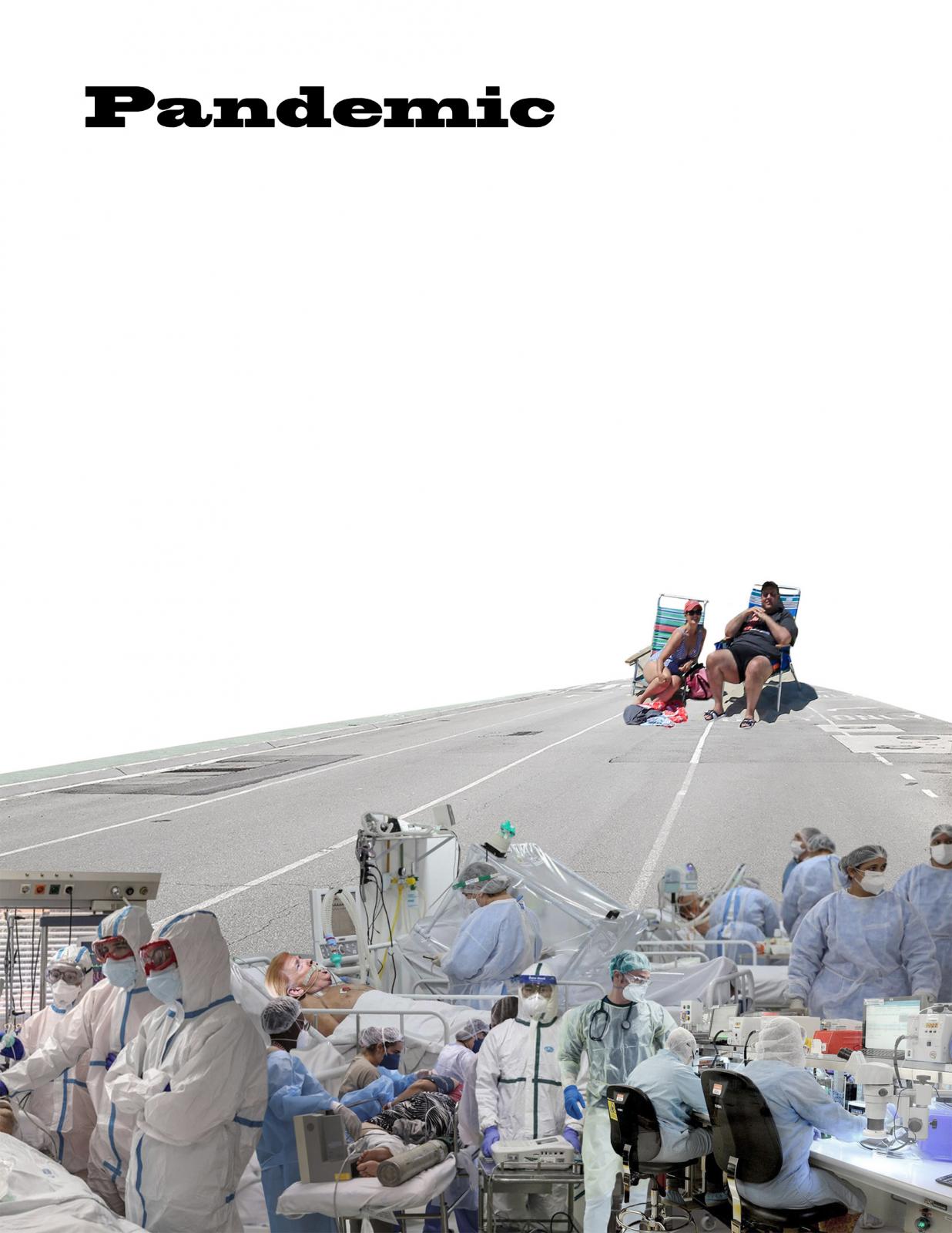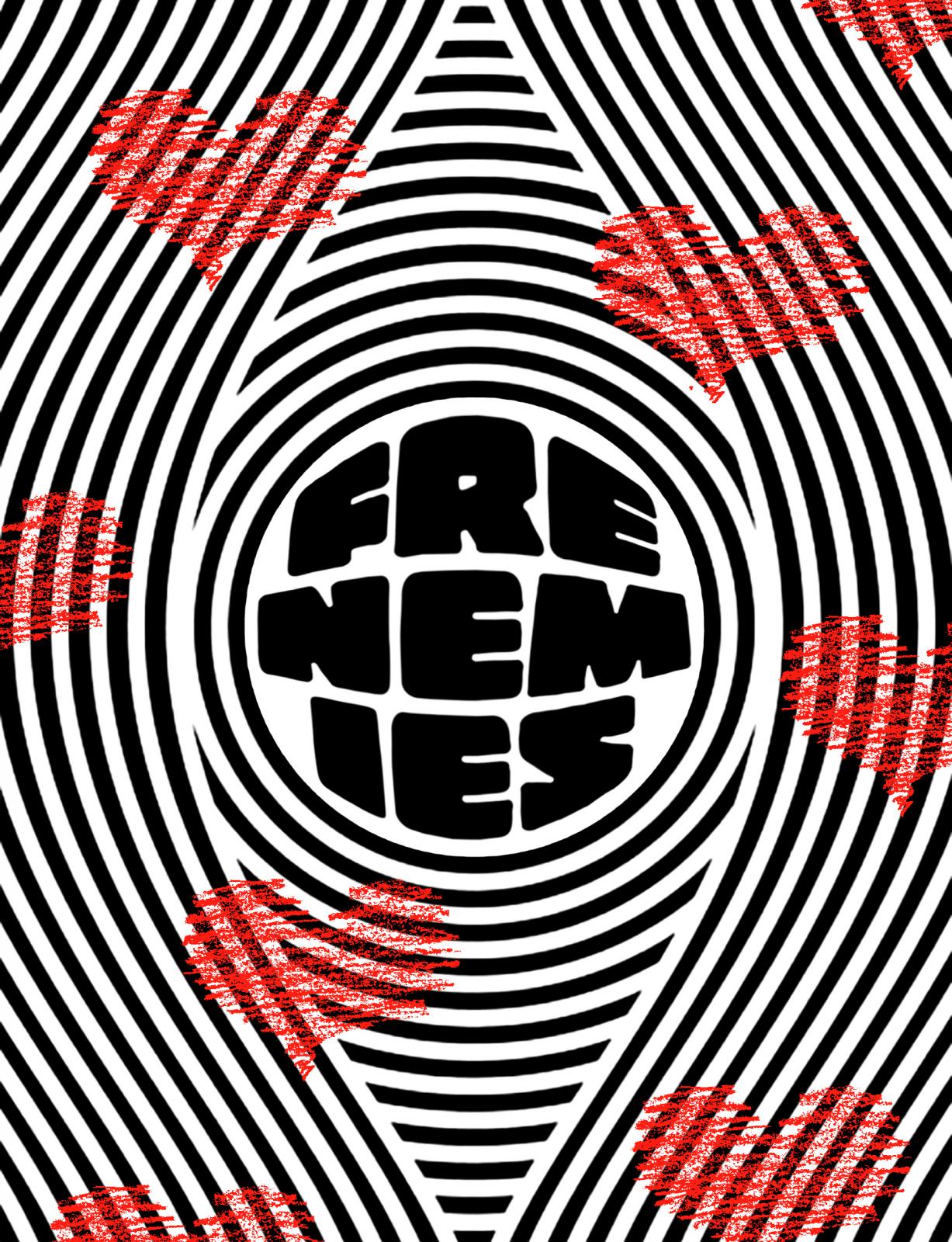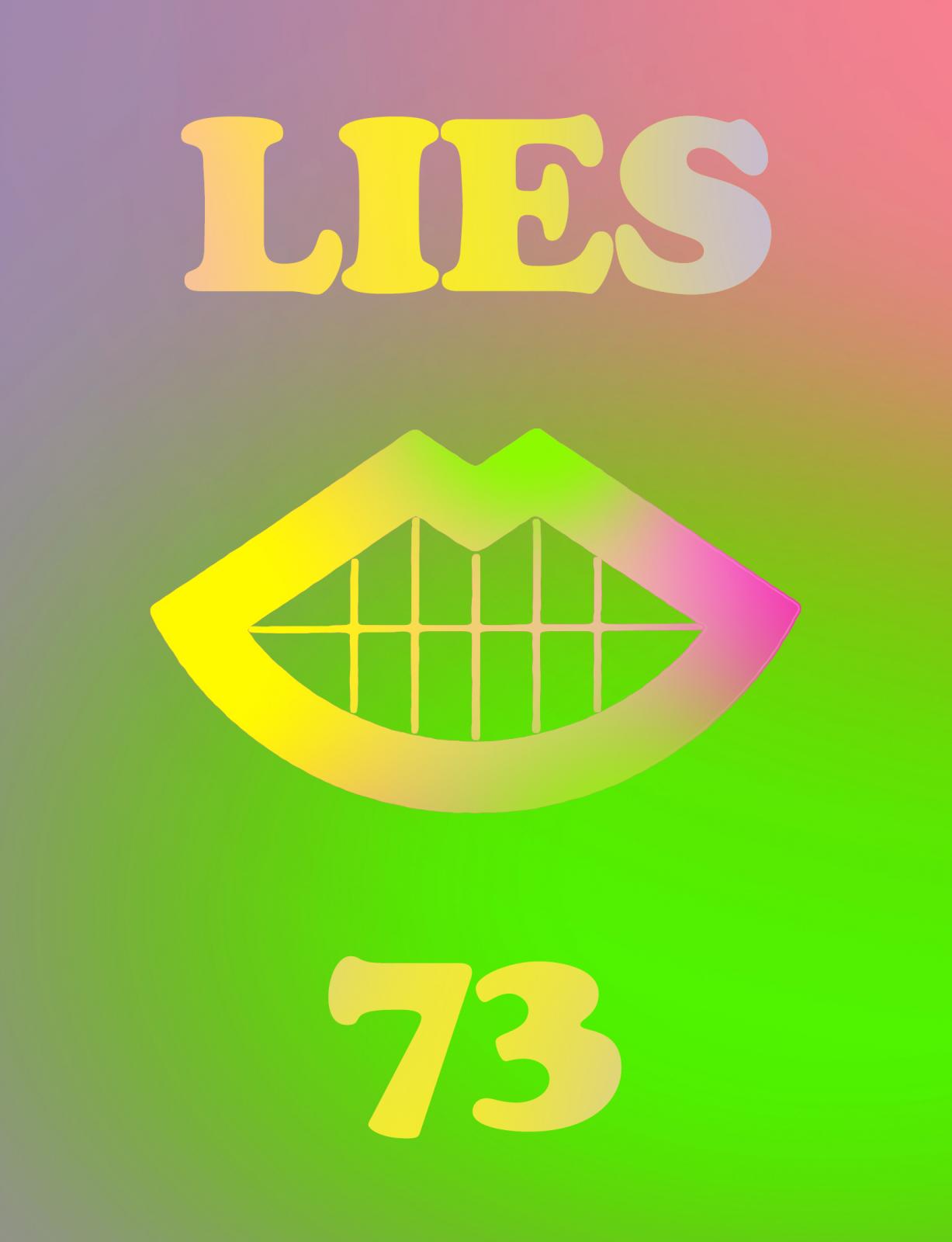Self-Help
Editors' Note
Telling people to help themselves is big business. Self-help sprawls across bookstores and cable boxes, fills hotel seminar rooms, gyms and therapist offices, even shapes scientific research and seeps into political discourse. Happiness, fitness, long life, wisdom, creativity: all these things have been just within reach at least since Marcus Aurelius. And yet, somehow, we don’t seem to be getting any better.
Self-help’s ongoing failure to transform the world, despite its massive influence, points to the fact that cultural production always makes more problems than it solves. There always needs to be new books to sell. But nonetheless, we really do want the alienation, ill health, boredom, debt, anxiety, and loneliness to cease. And there’s no way that all the gurus, authors, TV hosts, psychics, and personal trainers are cynical hacks—some of them must actually want to help.
So how do we make ourselves better? The practice of self-improvement presents a paradox: The last thing you would think could improve someone’s fucked-up station and self would be a more concentrated effort by the very person who got themselves there in the first place. Isaac Newton stood on the shoulders of giants; the self-improved person teeters on the back of the selfish, damaged mess they used to be.
It is hard to fix yourself, but perhaps that is exactly what self-help does—not in the sense of “repair” but instead in the sense of making a thing constant across time and space. Self-help doesn’t help us will our aspirations into being so much as it soothes anxiety about our shortcomings, about our capacity to keep aspiring. Self-help is a form of deferral, a procrastination: putting off actual struggles by reading a book that tells us how we’re just about to begin the struggle, a quixotic routine that should be familiar to many leftists.
Self-help always suggests that it is you and not society that needs to change. But self-help also touches on sites of potential resistance: rather than be friendly, Cutterham suggests we re-politicize the notion of friendship. In “Data Occupations,” Whitney Erin Boesel defends the Quantified Self movement against its high-profile detractors and finds in it the potential for nurturing Occupy-like pluralism. And in “Placebos and Noisy Bodies,” Miranda Trimmier distributes homemade pills to friends and acquaintances to bring collective belief to bear on physical and emotional healing. Self-help becomes social medicine.
To fix this world, we’re going to need to care for ourselves—self-help is not automatically a species of quietism, and it does not always end in self-blame. The limits of self-improvement need not rest with self-adjustment to survive in a malicious culture where the sense of having been abandoned—by lovers, parents, employers, the state—is endemic. Rather than adjust to a hostile world, self-help can be a matter of seeing that the world is already ours. We’ve built it, against our will, without reward or control. Now we need only help ourselves to it.
Featuring
-
Vol. 22 Editors' Note: Self-Help
-
The Writing Cure
-
The Disconnectionists
-
Solving Happiness
-
Data Occupations
-
Just Friends
-
Placebos and Noisy Bodies
-
Instructions for Young Manhood
-
Style Is Fate
-
Book of Lamentations
-
Unsolicited Advice for Living in the End Times, Vol. 22
